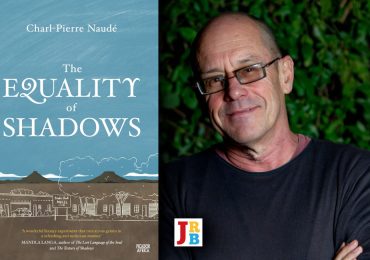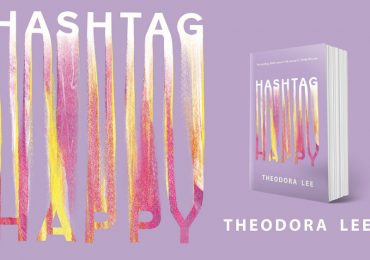When Steve Biko entered the courtroom in Pretoria in 1974 as a star witness in the trial of nine student leaders, those who had heard of the myth of the man finally witnessed him speak.
In the four and a half days he was in court, Biko provided South Africa and the world and understanding of the philosophy of Black Consciousness. The trial occurred a little more than a month before the June 16th Uprising in Soweto, and Biko’s testimony was vital in inspiring the young students who were protesting Afrikaans as a medium of instruction.
The Testimony of Steve Biko focuses on his testimony, in his own words.
Biko was electrifying as a witness. As Dr Nthato Motlana, a long-standing activist in Soweto, recalls:
Steve was a young man who was so brave. If you look back to those days when many of us wouldn’t open our mouths and say the kind of things Steve said there, you’ll see a testimony to the courage and the inspiration he had. He must have inspired the whole generation of young people about the kind of things he stood for. And to say those things in public, he was wonderful.
During the trial, Biko was asked to explain the term ‘Black is Beautiful’:
I think that slogan has been meant to serve and I think is serving a very important aspect of our attempt to get at humanity. You are challenging the very deep roots of the Black man’s belief about himself. When you say, ‘Black is Beautiful’ what in fact you are saying to him is: Man, you are okay as you are; begin to look upon yourself as a human being. Now, in African life especially it also has certain connotations, it is the connotation of the way women prepare themselves for viewing by society. In other words the way they dress, the way they make up and so on, which tends to be a negation of their true state and in a sense a running away from their colour. They use lightening creams, they use straightening devices for their hair and so on. They sort of believed, I think, that their natural state, which is a Black state, is not synonymous with beauty. And beauty can only be approximated by them if the skin is made as light as possible and the lips are made as red as possible, and their nails are made as pink as possible and so on. So in a sense the term ‘Black is Beautiful’ challenges exactly that belief which makes someone negate himself.





